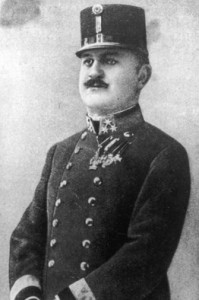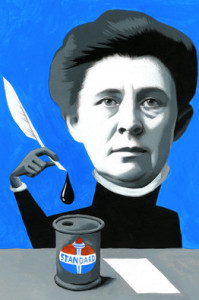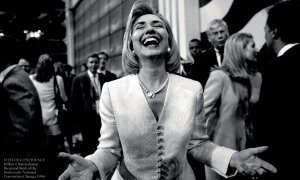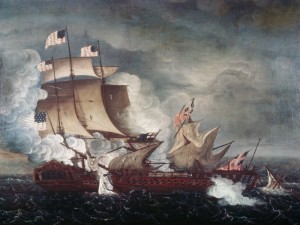The burning of the White House on Aug. 24, 1814, by British troops under the command of Maj. Gen. Robert Ross isn’t an obvious candidate for national celebration. But the event, distressing as it was at the time, did have one silver lining. The amateur poet Francis Scott Key was so relieved that Baltimore’s Fort McHenry escaped a similar fate a few days later that he wrote a poem about it, entitled “The Defense of Fort McHenry.” In 1931, 117 years after the streaming red glare had revealed that the U.S. flag was still there, Key’s poem—renamed “The Star-Spangled Banner”—was officially designated the U.S. national anthem.
Admittedly, the anthem is a challenge to sing. Moreover, practically everyone outside the U.S. mistakenly assumes that the song refers to a battle during the War of Independence, not during the War of 1812. The long version also has an embarrassing tirade against the British (“Their blood has wash’d out their foul footstep’s pollution”), but apart from these hiccups, “The Star-Spangled Banner” stands head and shoulders above most of the other 200 or so national anthems in existence today. For one thing, it is jolly and optimistic—sentiments often in short supply among the rest.















